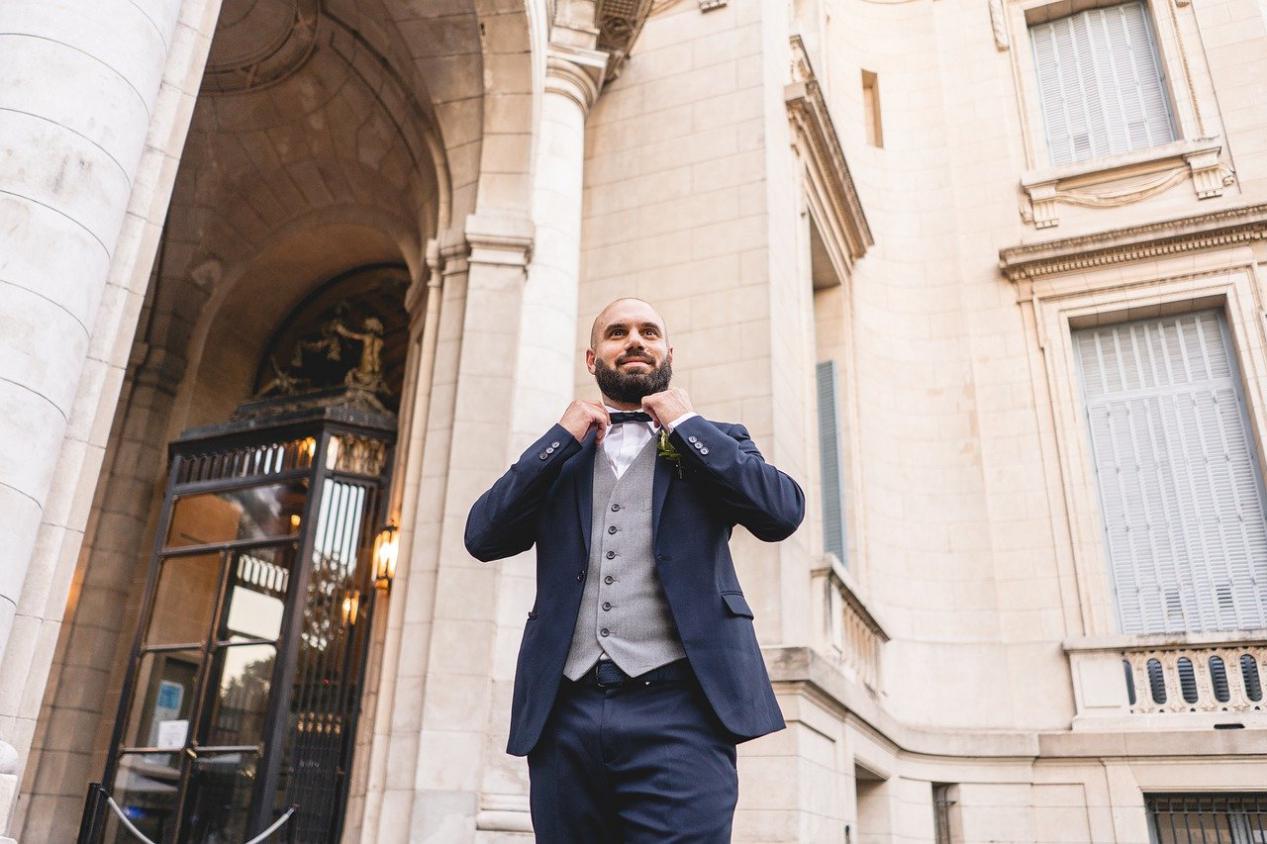
Embarking on a journey with someone still haunted by the specter of a past relationship can be challenging but also immensely rewarding. If you find yourself navigating the delicate terrain of helping a guy get over his ex, here’s a thoughtful guide to support him in the healing process.
1. Establish Open Communication
Encourage an open and honest dialogue about his feelings. Create a safe space where he feels comfortable sharing his emotions without judgment. Let him know that it’s okay to express vulnerability, and assure him that you’re there to listen and understand.
2. Be Patient and Understanding
Healing takes time, and rushing the process can be counterproductive. Be patient and understanding as he works through the emotional aftermath of his past relationship. Offer your support without imposing a timeline for recovery.
3. Encourage Self-Reflection
Help him embark on a journey of self-discovery. Encourage introspection about what went wrong in his past relationship and what he has learned from the experience. This reflection aids in personal growth and paves the way for healthier future relationships.
4. Foster New Experiences
Introduce him to novel experiences and activities that contribute to building positive memories. This can help redirect his focus from the past and create a more optimistic outlook for the future. Shared experiences also strengthen your bond as a couple.
5. Limit Exposure to Ex-related Triggers
Identify potential triggers that reignite memories of his ex-partner and work together to limit exposure. This might involve unfollowing certain social media accounts, avoiding specific places, or even temporarily storing sentimental items associated with the past relationship.
6. Encourage Social Connections
Support him in reconnecting with friends and family or even making new social connections. Healthy relationships outside of the romantic realm can provide additional layers of support and distraction during the healing process.
7. Suggest Professional Guidance
If the burden of the past relationship becomes overwhelming, encourage seeking professional guidance. A therapist or counselor can provide the necessary tools to navigate complex emotions and facilitate the healing journey.
8. Reinforce Positive Self-esteem
Help rebuild his self-esteem by acknowledging his strengths and accomplishments. Reinforce positive affirmations, highlighting the unique qualities that make him an incredible individual. A boosted self-esteem is a crucial component of moving forward from past heartbreaks.
9. Create a Future-focused Vision
Shift the focus from the past to the future by collaboratively planning goals and aspirations. Discuss shared dreams, travel plans, or personal projects. This forward-looking perspective can instill a sense of excitement and purpose beyond the shadow of his previous relationship.
10. Know When to Seek Professional Help
Understanding your limitations is essential. If his struggles persist or intensify, it might be beneficial to seek professional guidance together. Couples counseling can provide a supportive environment for both of you to navigate challenges and strengthen your relationship.
11. Nurture Emotional Safety
Create an environment where he feels emotionally safe expressing his deepest fears and insecurities. Foster a sense of trust that allows him to share any lingering pain or doubts about love. Emotional safety is paramount for healing wounds from previous relationships.
12. Emphasize Personal Growth
Encourage a mindset focused on personal growth. Help him see the breakup as an opportunity for self-improvement rather than a setback. Engaging in activities that contribute to personal development can be empowering and shift his perspective on the breakup.
13. Introduce Mindfulness Practices
Mindfulness techniques, such as meditation and deep-breathing exercises, can be powerful tools in managing intrusive thoughts and promoting emotional balance. Suggest exploring mindfulness together to enhance overall well-being.
14. Celebrate Small Victories
Acknowledge and celebrate the small victories along the way. Whether it’s successfully avoiding contact with his ex-partner for a certain period or overcoming a particularly difficult emotional moment, these achievements contribute to his healing journey.
15. Create a Relationship Bucket List
Develop a relationship bucket list together. This can include shared experiences, travel goals, or activities you both want to accomplish as a couple. Creating a positive vision for your relationship helps overshadow lingering shadows from the past.
16. Establish Healthy Boundaries
Ensure that both of you are clear about boundaries in your relationship. Clearly communicate what is acceptable and what isn’t, respecting each other’s emotional needs. Healthy boundaries foster mutual trust and contribute to a more secure relationship.
17. Encourage Journaling
Suggest the therapeutic practice of journaling. Writing about his thoughts and feelings can provide an emotional outlet and promote self-reflection. Encourage him to jot down positive moments, aspirations, and the progress he’s making in moving forward.
18. Explore New Hobbies Together
Engage in shared hobbies that bring joy and excitement. Whether it’s a cooking class, hiking, or learning a musical instrument, these activities create new, positive associations that contribute to the healing process.
19. Attend Relationship Workshops or Retreats
Consider attending relationship workshops or retreats that focus on strengthening connections. These experiences can provide valuable insights, tools, and perspectives that contribute to a healthier, more resilient relationship.
20. Embrace the Power of Laughter
Laughter is a powerful antidote to emotional pain. Incorporate humor into your relationship, be it through watching comedies, attending stand-up shows, or simply finding joy in everyday moments. Laughter can be transformative, fostering a positive atmosphere.
Remember, every individual heals at their own pace, and the process isn’t always linear. Continue to communicate openly, adapt your approach based on his needs, and celebrate the progress you both make together. Through patience and understanding, you can navigate this journey, fostering a relationship that is rooted in shared growth and emotional well-being.